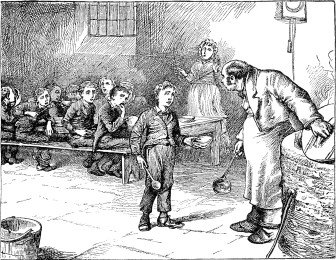 Beancounters from Robert Walters have been asking around and discovered that 59 percent of IT professionals are expecting their salaries to rise in 2018 and more than half of them want a bonus for their efforts.
Beancounters from Robert Walters have been asking around and discovered that 59 percent of IT professionals are expecting their salaries to rise in 2018 and more than half of them want a bonus for their efforts.
Robert Walters Associate Director, Ahsan Iqbal, said that IT and technology professionals are well aware that their skills are highly sought after across a wide range of industries, particularly those specialising in cyber security and web development. As a result, they have high expectations regarding salary increases.
Iqbal said: “Demand for specialists across cyber security and development has been high for the past few years, driven by the rising threat of cyber-crime and the drive towards digitalisation projects. As a result, salaries for IT and tech professionals are already at a notably high level as employers compete to secure top talent. However, with demand for these skills remaining high, IT professionals still expect employers to offer increases in remuneration.”
The majority of employers plan to increase salaries for IT professionals, with 43 percent planning increases of 1-3 percent and 29 percent planning increases of 4-6 percent. A third have no plans to increase remuneration which might see them losing IT staff.
These employers will have to consider alternative strategies in order to attract and retain IT professionals in a highly competitive market.
Ahsan Iqbal continues: “Particularly for smaller firms, meeting the salary expectations of IT specialists may be challenging, with large multinational firms out competing them in terms of remuneration. However, this may not necessarily be a barrier to securing top talent. Increasingly, IT professionals are emphasising the importance of a good work life balance when considering a role. By embracing flexible working strategies and putting policies in place to allow staff to work remotely, employer may be able to gain an edge over competitors.
“In addition, the potential for career progression is a high priority for many IT specialists. By demonstrating a commitment to providing training and offering professionals the chance to develop their careers, businesses can attract top calibre professionals.”






